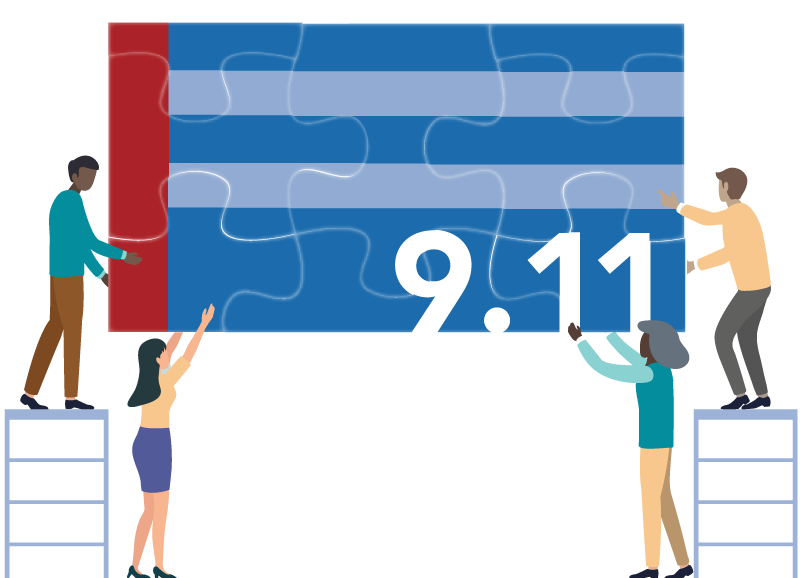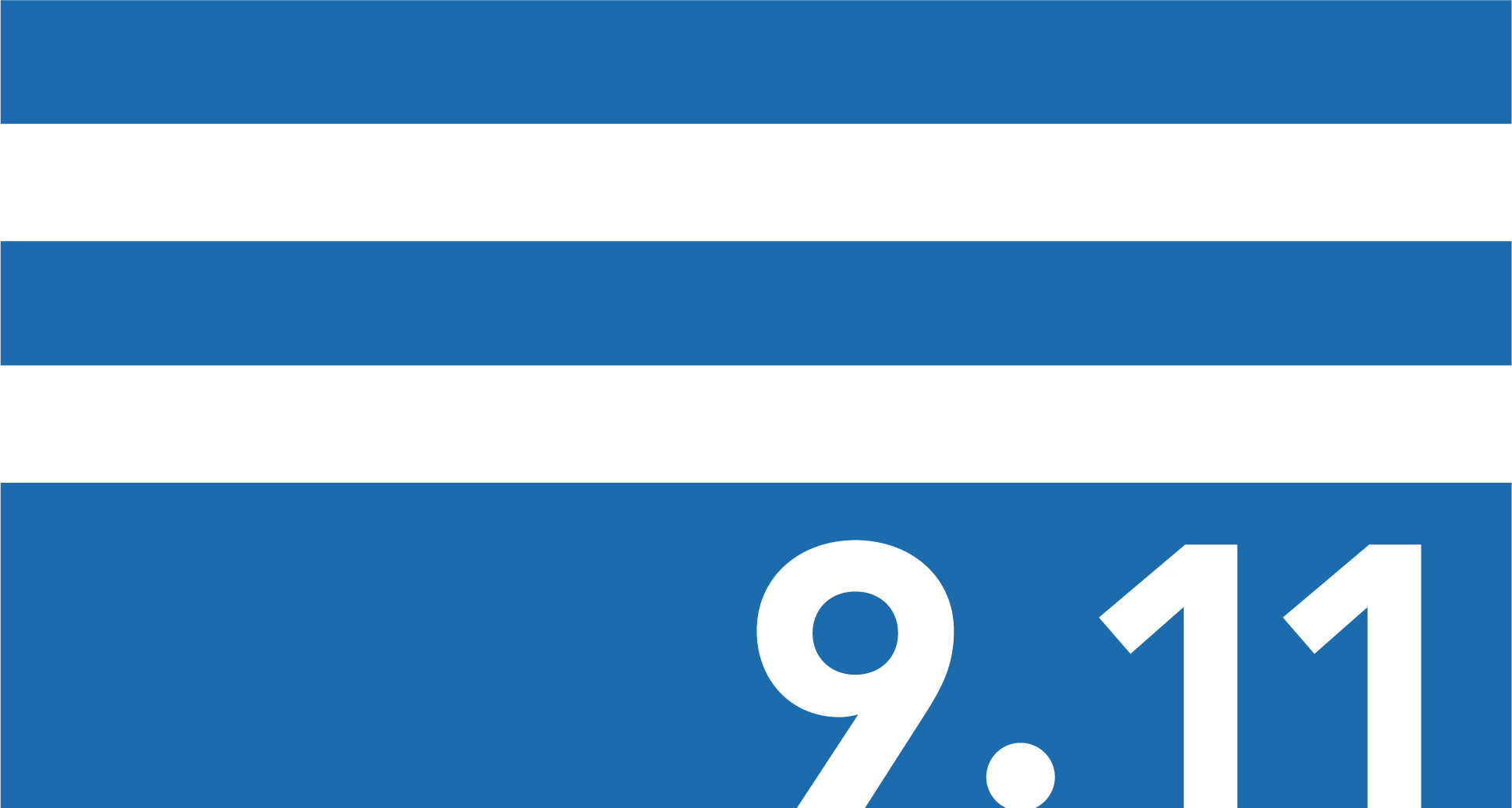Considerations for Interested Researchers
The World Trade Center Health Program is a limited health care delivery model and resembles a workers compensation model rather than a general health insurance model. This enables function as a good medical neighbor, rather than a patient-centered medical home. Additionally, the Program is limited by the inability to fully enumerate the population at risk and deficiencies in exposure assessment. Exposure characterization is qualitative. Both of these issues lower the statistical power on surveillance, analytics and research conducted Program-wide.





